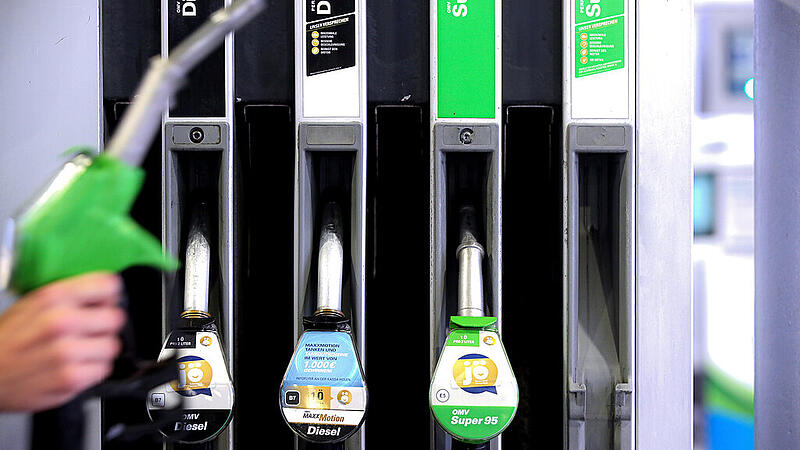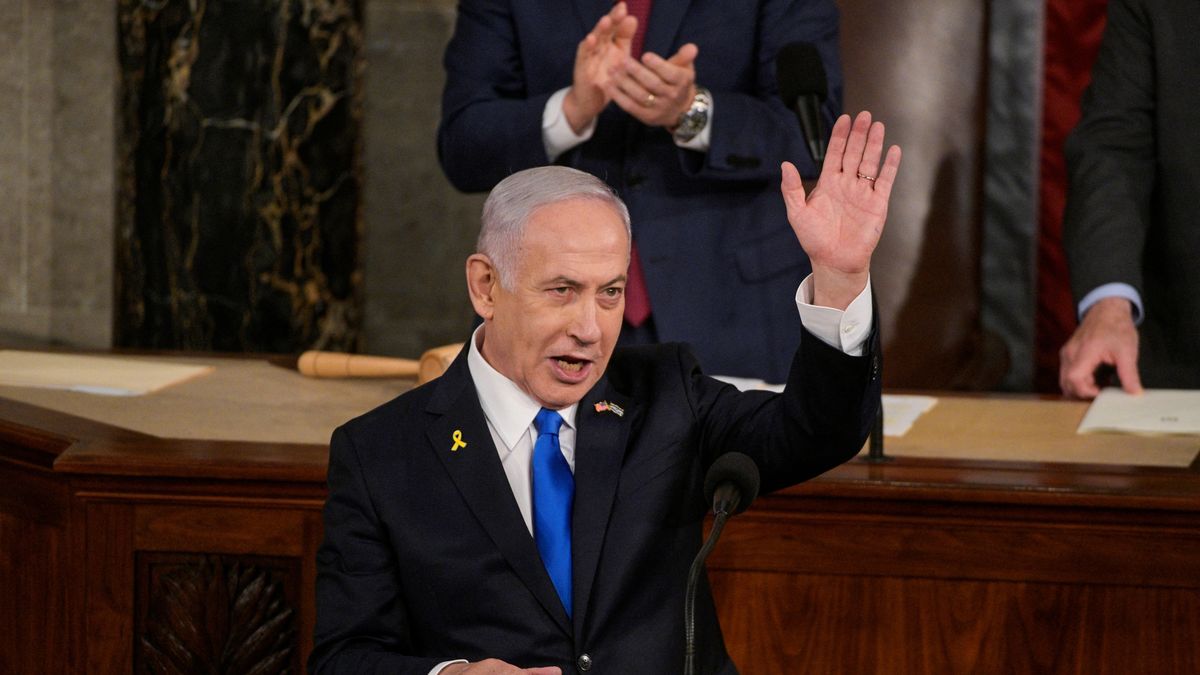On Wednesday, a Super E10 liter cost less than 1.90 euros at around 350 of the gas stations registered in the ADAC database. In the same period on Tuesday, there was only one gas station in the area examined that offered E10 for less than 2 euros, reports the German Press Agency.
From up to 2.30 euros to less than 1.90 euros
The price at the majority of German petrol pumps was between 2.10 and 2.30 euros yesterday. The theoretical price difference for super petrol due to the tax relief is 35 cents per liter. And there was also a clear trend towards falling prices for diesel. While the fuel was only rarely available for less than 2 euros on Tuesday morning, these prices already accounted for the majority on Wednesday. On the other hand, more than 2.10 euros were hardly ever asked for. That was still the case in almost half of all cases on Tuesday. In the case of diesel, the relief from the tax cut is significantly lower at just under 17 cents per liter.
Prices will continue to rise in Austria from July
The German tax cut is valid for three months. In Austria, a reduction in fuel is currently not an issue, although diesel is tax-privileged anyway. From July, the CO2 pricing that will then come into force will increase fuel pump prices again. “From today’s perspective in Austria, based on the current price level, you would pay around nine cents more per liter of fuel than in Germany,” calculated ÖAMTC expert Martin Grasslober yesterday. He spoke out in favor of a discussion about reducing the mineral oil tax.
The topic of expensive fuel had already popped up in Austria in March, when SPÖ vice club boss Jörg Leichtfried called for the introduction of price regulation from the Ministry of Economic Affairs. In no other EU country has the price of Eurosuper risen as much as in Austria since the end of February, said Leichtfried, referring to an analysis by the VCÖ at the time. And this is exactly where the Price Act comes into play, because it applies when prices in Austria do not develop in line with other EU countries. The Ministry of Economic Affairs saw no room for maneuver, but relied on an examination by the Federal Competition Authority. A result is still pending.
Transporters are demanding a reduction in mineral oil tax
At the beginning of April, Finance Minister Magnus Brunner (ÖVP) said he wanted to achieve a reduction in mineral oil tax. “A reduction in VAT on fuel is not possible under EU law. A mineral oil tax reduction would be a different measure, eight cents would be possible for diesel and 15 cents for petrol,” said Brunner at the time. Just over a week ago, the domestic transport companies had again called for the reduction in mineral oil tax (MöSt).
The government also set up a price commission made up of experts and social partners. At the end of April this year, it was said that the commission should soon deliver a report. On request, the Ministry of Finance announced today that the work is being finalized and that completion is expected in the next few days.
“How high does the burden still have to be?”
The domestic transporters urged today to take Germany as an example. “The fact that Germany has implemented a reduction in energy tax on fuel in view of the horrendous energy and fuel prices is the right measure at the right time. The same would also be urgently needed in Austria – because the prices at the petrol pumps in this country are currently only pointing upwards . Drivers, as well as local companies, are waiting for relief here, but that is not coming from politicians,” says Alexander Klacska, head of the Federal Transport Division at the Austrian Economic Chamber. So it is more than regrettable that a reduction in mineral oil tax is not really an issue in Austria. “If not now, when? How high must the burden on people and companies still be?” says Klacska. The Economic Association (WB), in turn, is calling for CO2 taxation to be postponed, which should not be introduced until October. “The current costs are enough of a steering effect,” said WB General Secretary Kurt Egger.
Source: Nachrichten




